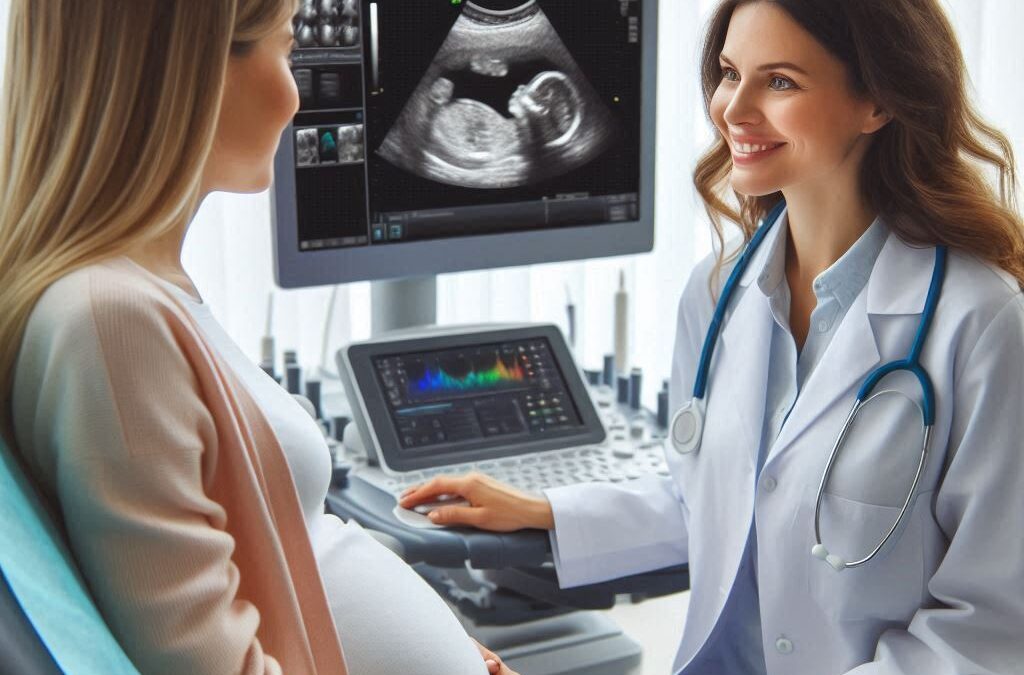Fertility is an essential aspect of reproductive health, and age plays a crucial role in the conception process. Although many women can become pregnant during their reproductive years, age can influence both the chances of conception and the health of the pregnancy. This article aims to provide important information on how age affects fertility and what steps can be taken to plan a successful pregnancy.
How Age Influences Fertility
- Ovarian Reserve:
- Description: Ovarian reserve refers to the number and quality of oocytes available in an ovary. This decreases with age.
- Impact: Usually, the ovarian reserve begins to decrease significantly after the age of 35, which can affect the chances of conception.
- Oocyte Quality:
- Description: The quality of oocytes degrades with age, which can influence both the chances of conception and the risk of chromosomal abnormalities.
- Impact: After the age of 40, the risks of chromosomal abnormalities, such as Down syndrome, increase and the chances of getting pregnant decrease.
- Age-Related Health Problems:
- Description: Older age can be associated with health conditions that can affect fertility, such as endometriosis, uterine fibroids or hormonal problems.
- Impact: These conditions may require additional treatment to support conception.
Pregnancy Planning in Function of Age
- Consulting a Specialist:
- Description: If you are thinking of becoming pregnant after the age of 35, it is recommended to consult a gynecologist or fertility specialist.
- Benefits: The specialist can assess your reproductive health and provide personalized recommendations.
- Fertility Tests:
- Description: Fertility testing may include evaluating ovarian reserve, testing hormone levels, and other investigations to assess the general health of the reproductive system.
- Benefits: These tests can help identify problems that could affect conception and help plan appropriate treatment.
- Adopting a Healthy Lifestyle:
- Description: Eating a balanced diet, quitting smoking, reducing alcohol consumption and maintaining a healthy weight can improve your chances of conception.
- Benefits: A healthy lifestyle can support fertility and contribute to a healthy pregnancy.
- Fertility Options:
- Description: If you are having trouble getting pregnant, there are options such as fertility treatments (for example, intrauterine insemination or in vitro fertilization) that can be explored.
- Benefits: These treatments can help overcome obstacles and improve your chances of conception.
Conclusion
Age is an important factor in planning a pregnancy, and understanding its impact on fertility can help make informed decisions. It is essential to consult with a specialist and follow the recommendations to optimize the chances of conception and ensure a healthy pregnancy. With the right information and support, many women are able to achieve their dream of becoming mothers, regardless of their age.

